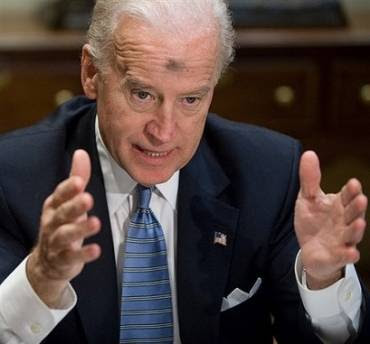It's the only day they admit anything inside the church, like a late Godardian addressing the camera directly, as the actor, as opposed to the the earlier examples, where the characters themselves stop the action to address us as characters, no less distancing, but, in its way, lengthening the fictional depth of field. The coming out of character exposes the thinness of the performance construct. The ashes on our foreheads give our buried cannibal his whiff of human sacrifice, more than enough to satisfy what little of him is left. Then they whisper the secret, that they can do exactly nothing for you, there is no purchase on the smooth face of time, that whatever "eternal" and "life" mean, there was a time before you existed and there will be a time when you no longer exist, and there is not much anybody, the baby Jesus, the greybeard Daddy in the sky, the Immaculate Virgin, or the feathered serpent can do about it. It may be the point of the whole exercise, this short moment when the star is offstage and there isn't even any music, when the most important line, the distillation in the movie, is thrown away as incidental noise at some transitional moment, and the obvious story exists as an illustration of our refusal to accept this indigestible truth.
Outside, we dress as ancient gods and set fire to the night to put the new year on notice we are not small and not to be trifled with. We are dragons and lions and we breath fire and we are not afraid.





No comments:
Post a Comment